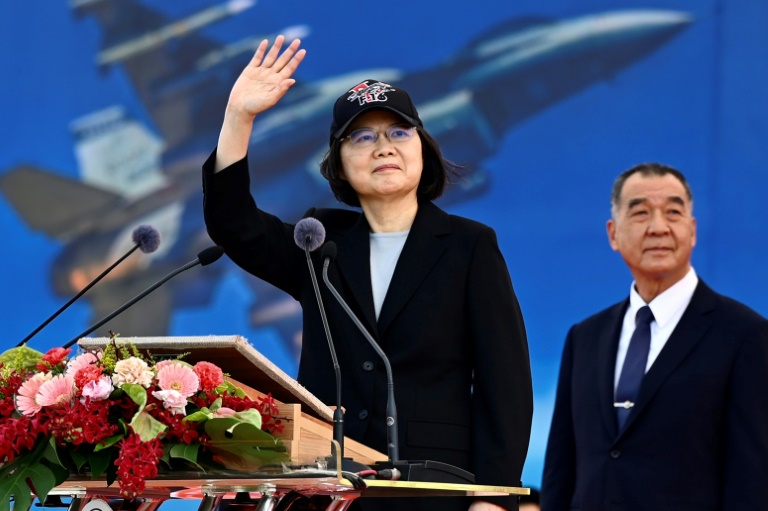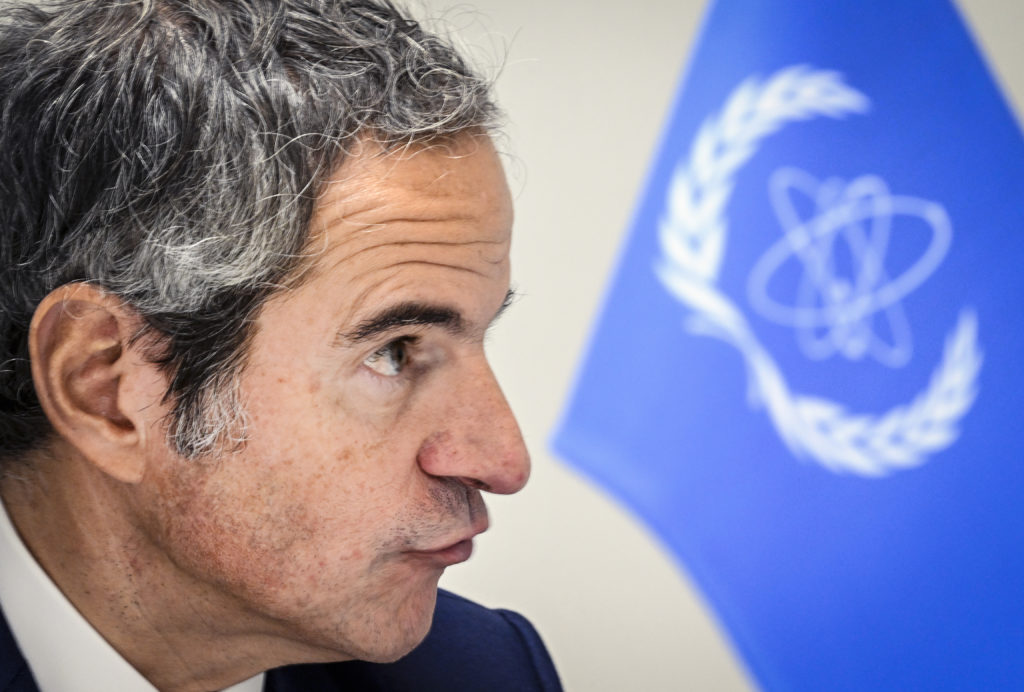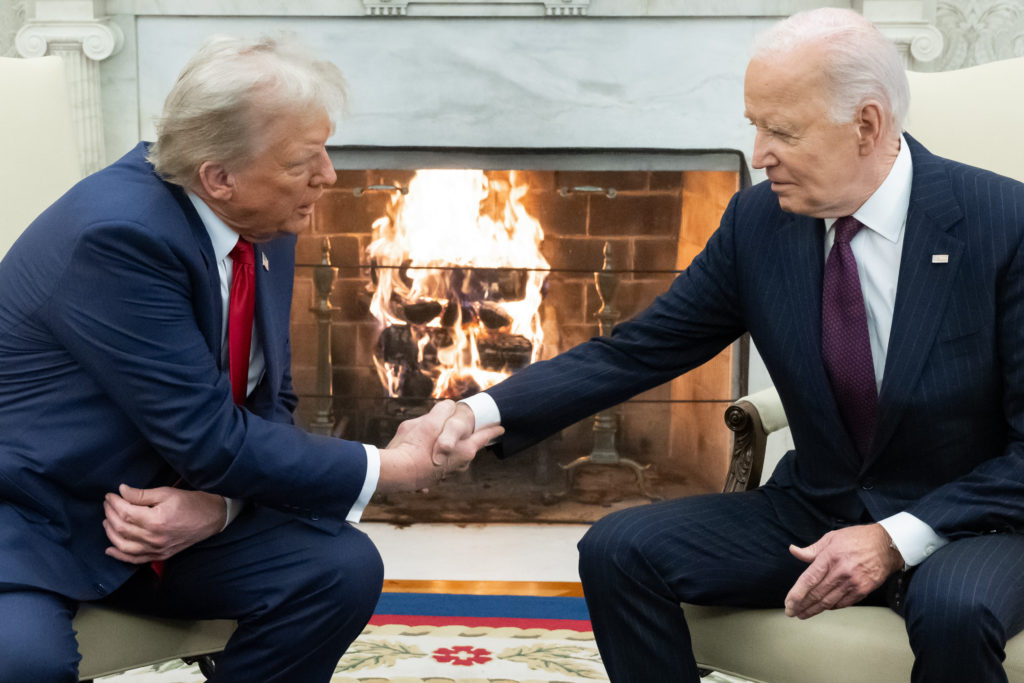Taipei announced on Thursday it had formally opened a de facto embassy in Lithuania using the name Taiwan, a significant diplomatic departure that defied a pressure campaign by Beijing.
China tries to keep Taipei isolated on the world stage and baulks at any official use of the word “Taiwan”, lest it lend a sense of international legitimacy to the island, which Beijing claims as part of its territory and has vowed to one day seize, by force if needed.
“The Taiwanese Representative Office in Lithuania officially commences its operation in Vilnius on November 18, 2021,” the foreign ministry said, breaking with the island’s tradition of calling its representative outposts Taipei Economic and Cultural Offices.
Lithuania in July agreed to let democratic self-ruled Taiwan open a representative office using its name, the island’s first new diplomatic outpost in Europe in 18 years.
That move prompted a fierce rebuke by China which withdrew its ambassador to Lithuania and demanded Vilnius do the same, which it eventually did.
China also halted freight trains to Lithuania and stopped issuing food export permits.
Taiwan’s foreign ministry said the Lithuania office would be headed by Eric Huang, currently Taipei’s chief of mission in neighbouring Latvia.
“We are very happy that we have the opportunity to be a facilitator and promoter for the relations between Taiwan and Lithuania,” Huang told AFP.
On the significance of using the name Taiwan, he said it was “of course very meaningful”.
“We will not emphasise too much about the geopolitical context. As the representative office of my country, what I am focused on is to promote a substantive relationship.”
Only 15 countries officially recognise Taipei over Beijing.
But Taiwan maintains embassy equivalent representative offices with many nations and several countries have similar arrangements in Taipei.
International support for Taiwan has grown since China’s President Xi Jinping came to power.
He has ushered in a more authoritarian and muscular era for China and taken a markedly more aggressive approach to Taipei since the 2016 election of President Tsai Ing-wen.
She is loathed by Beijing because she regards Taiwan as an already sovereign nation and not part of “one China”.
The opening of the Vilnius office is the latest sign that some Baltic and central European countries are seeking closer relations with Taiwan, even if that angers China.
In May, Lithuania announced it was quitting China’s 17+1 cooperation forum with central and eastern European states, calling it “divisive”.
The EU nation was already at the forefront of the struggle against the authoritarian government in neighbouring Belarus by welcoming exiled leader Svetlana Tikhanovskaya who says she won last year’s elections.
Politicians in the Czech Republic and Slovakia have also pushed for closer ties with Taiwan.
In 2019, Prague cancelled a sister-city agreement with Beijing and signed one with Taipei, while a high-profile visit to Taiwan last year by Czech senate leader Milos Vystrcil infuriated China.
Last month a delegation of Taiwanese officials visited Slovakia, the Czech Republic and Lithuania, sparking anger from Beijing.
China remains a major trade and diplomatic ally to many other nations in the region, as well as a valuable source of coronavirus vaccines.
Last year, Taiwan opened reciprocal offices with Somaliland.
That office also used the word “Taiwan” but, unlike Lithuania, Somaliland is not recognised as a sovereign state by most nations.











